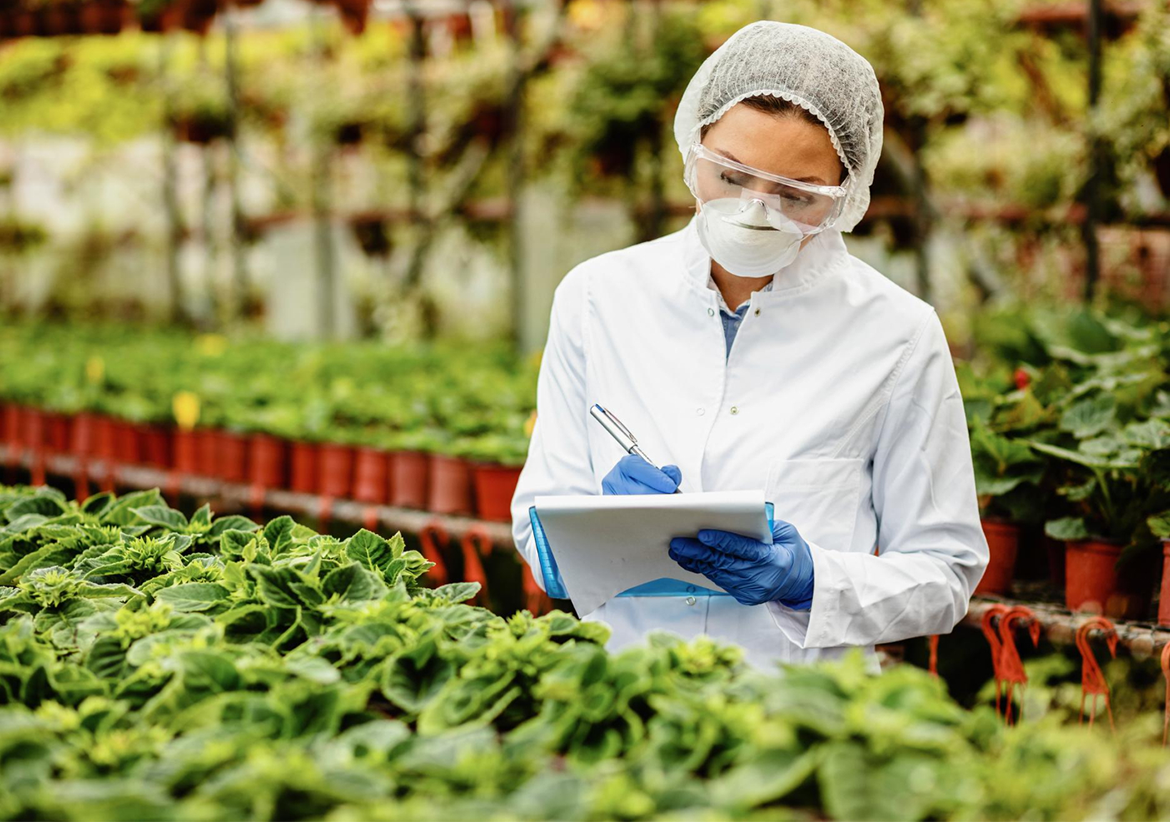Supervising Food Safety-Level 3
Ensuring Supervising Food Safety in the Fast-Food Sector
Upholding the highest standards of food safety is crucial in the ever-changing food industry. Our "Supervising Food Safety" course has been carefully designed to give supervisors the knowledge and abilities they need to follow strict safety procedures. This preserves the company's great reputation while also protecting clients.
Thorough Orientation and Advanced Education
Managers receive extensive training covering both fundamental and advanced topics, starting with a full introduction to food safety principles. Beyond standard handling and storage methods, participants obtain insightful knowledge of essential components required to establish a safe food environment. Empowering them to identify possible hazards and take preventative action is the main goal. Case studies from real life are incorporated effortlessly and offer useful examples to improve understanding.
Putting Strict Safety Procedures in Place
The process of converting academic knowledge into real-world application requires supervision of supervising food. Supervisors receive training on how to set and enforce strict safety regulations, which include conducting routine inspections, guaranteeing hygienic standards, and keeping subordinates accountable. This proactive strategy also includes encouraging employees to put safety first throughout the whole food supply chain.
How to Handle Food Safety Regulations with Style
Recognizing the intricacy of food safety laws, the training emphasizes adaptation and compliance with requirements. Supervisors equip themselves with the knowledge necessary to guarantee that firms not only meet but surpass regulatory expectations by actively pursuing updates on industry standards and legal requirements. This proactive strategy encourages adaptability, which helps managers effectively handle risks and navigate changing rules.
Lessons
Brief Description of Supervising Food Safety-Level 3
Module One: Introduction to Supervising Food Safety
Module Two: Food Safety Legislation
Module Three: Food Contamination
Module Four: Controlling Contamination
Module Five: Micro-Organisms
Module Six: Food Poisoning and Food-Borne Illness
Module Seven: Non-Bacterial Food Poisoning
Module Eight: Temperature Control
Module Nine: Checking, Verifying and Recording Temperatures
Module Ten: Food Preservation
Module Eleven: Premises and Equipment Design
Module Twelve – Waste, Cleaning and Disinfection
Module Thirteen – Pest Control
Module Fourteen: Personal Hygiene
Module Fifteen: Training Staff
Module Sixteen: Implementing a Food Safety Management System
Module Seventeen: Food Safety Management Tools





